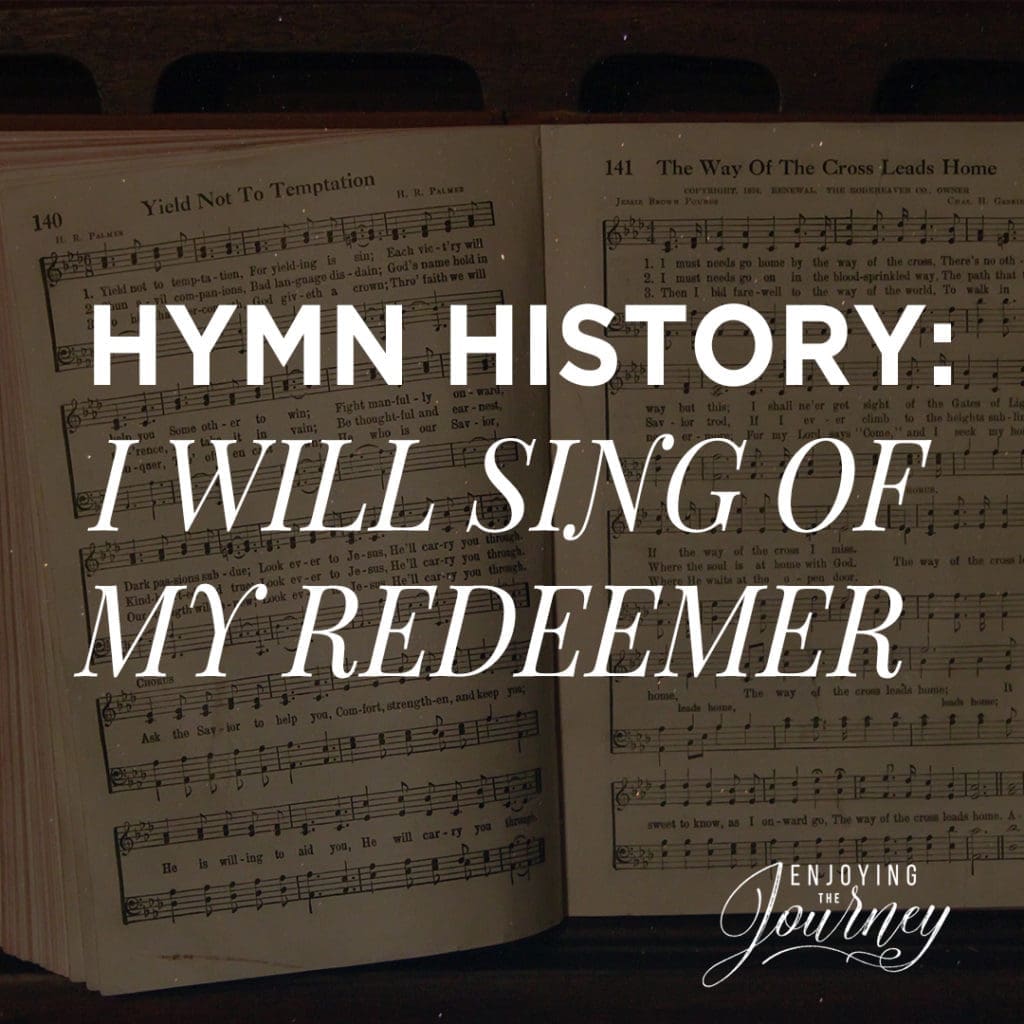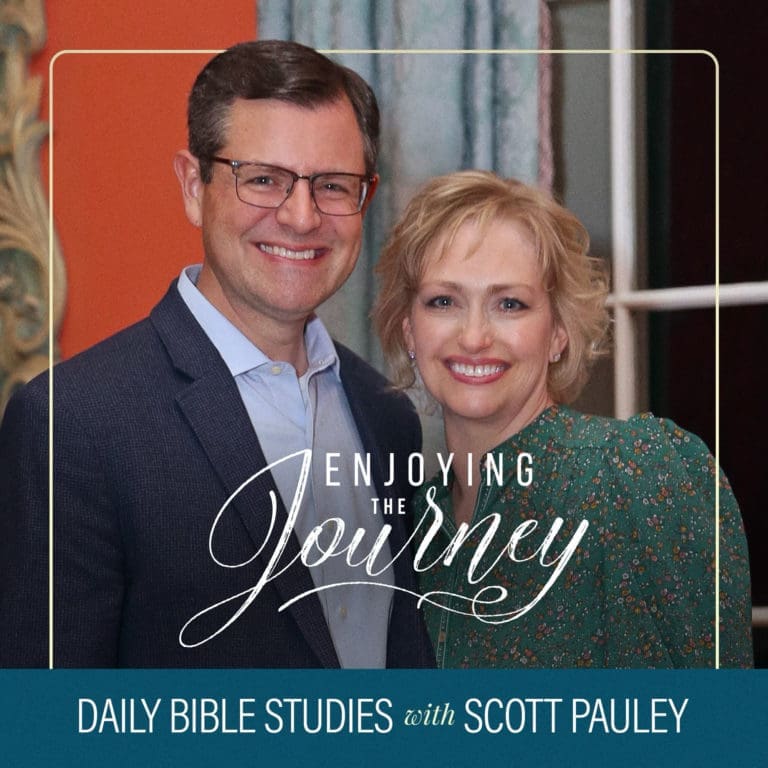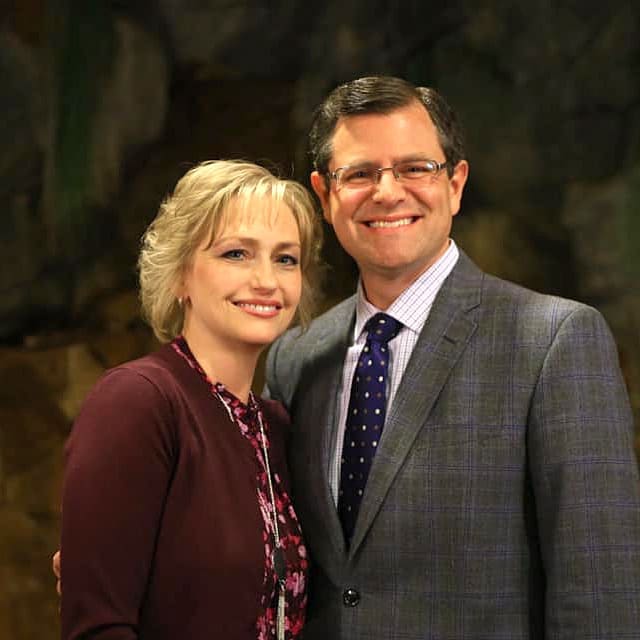
“Who gave himself for us, that he might redeem us from all iniquity, and purify unto himself a peculiar people, zealous of good works.” – Titus 2:14
We are thrilled to share a series of brief accounts of how some of the great hymns of our faith were written. Each synopsis has been compiled through the research of Jerry Vargo and is shared by permission. It is our hope that these stories will be a help and encouragement to your Christian walk. This week we read the full and powerful story behind the stirring hymn, “I Will Sing of My Redeemer.”
______________________________________________________________
Philip Bliss was born with a melody in his heart. Born in a log cabin home in a mountain region. His father, Mr. Isaac Bliss, was a dedicated Christian man. The first spiritual recollections that Bliss had of his father were the daily family prayers. These prayers were ingrained upon his childhood memory. His father was a lover of music and it was through his father that he developed a passion for singing.
In 1855, 17 year-old Bliss decided that he would take the final step in preparation for his life’s work. He went to Bradford City, Pennsylvania and finished the last requirements for his teaching credentials. The next year, Philip was the new schoolmaster at Hartsville, New York.
In 1858, he was appointed a teacher in the Rome, Pennsylvania, Academy. Here he met a fine young lady named Lucy Young, who was to become his bride. She was a poet from a musical family and greatly encouraged him in developing his musical talents.
In the years between 1865 and 1873, often with his wife by his side, he held musical conventions, singing schools, and sacred concerts under the sponsorship of his employers. He was becoming more popular in concert work, not yet directing his full efforts into evangelical singing. He was, however, writing a number of hymns and Sunday school melodies.
One summer night in 1869, while passing a revival meeting in a church where D. L. Moody was preaching, Mr. Bliss went inside to listen. Mr. Moody was without musical help for the singing and Mr. Bliss was aware of it. The singing was rather weak. From the audience, Philip attracted Mr. Moody’s attention. At the door, Mr. Moody got the particulars about Mr. Bliss quite quickly and asked him to come to his Sunday evening meetings. He needed his help in the singing any time he could give it. He further urged him to give up his business and become a singing evangelist.
Another chance acquaintance came with Major Daniel W. Whittle, when Mr. Bliss was a substitute song leader in a gospel meeting. Impressed with his voice, Mr. Whittle recommended the young man for the position of choir director at the First Congregational Church in Chicago. This was in 1870. The Blisses moved into an apartment in the Whittle home, and while living there, he wrote two of his most popular hymns … Hold the Fort and Jesus Loves Even Me. Yearly, new songs were published with many of Bliss’s songs included. His fame began spreading. Philip became the full time song director for Evangelist Major Daniel W. Whittle.
While ministering at a meeting in Chicago, Bliss spoke these words to the congregation: I may not pass this way again, after which he sang, I’m Going Home Tomorrow. His words and song would prove to be prophetic.
Philip and his family were living in Rome, Pennsylvania in 1876. It was Christmas; Philip decided to take time to work on a new song. He wrote the words and decided to write the music at a later time. D. L. Moody sent a letter to Philip that he needed him to come to Chicago to help him in an evangelistic campaign. Philip and his wife left their young sons with family in Rome, Pennsylvania, and boarded a train headed for Chicago.
The train had to stop for engine repairs and all the passengers had to stay in a hotel for one night. The baggage was transferred to another train and sent on ahead to Chicago.
Then, the day that was to stun the Christian world arrived, December 29, 1876. After the engine was repaired, the train continued on to Chicago. The Pacific Express, was struggling along in a blinding snowstorm and was about three hours late on a Friday afternoon. Eleven coaches pulled by two engines were creeping through the huge drifts, approaching Ashtabula, Ohio. Passing over a trestle bridge that was spanning a river, the first engine reached solid ground on the other side but everything else plummeted 75 feet into icy waters below. Later, it was determined that flood waters had weakened the bridge.
Five minutes after the train fell into the ravine, fire broke out because the train cars were heated with coal stoves. Fanned by gale like winds, the wooden coaches were ablaze. Mr. Bliss succeeded in extricating himself and crawling to safety through a window. Finding his wife was pinned under the ironwork of the seats, he returned into the car, and bravely remained at her side, trying to extricate her as the flames took their toll. All that remained was a charred mass. No trace of their bodies were ever discovered. For days it was not known who were among the dead, as there had been no passenger list. It was tabulated that out of 160 passengers there were only 14 survivors. Later official sources said 92 died. In most cases, there was nothing to recover.
Mr. Bliss’s trunk reached Chicago safely because it had been transferred when the first train stopped for engine repairs. When it was opened, it was found that the last song that he had written, before his death, began as follows: “I know not what awaits me. God kindly veils my eyes…” The trunk contained many hymn-poems which he had not yet written the music for.
One of the songs found in his baggage was the words to I Will Sing of My Redeemer, which became world famous when music was added by James McGranahan. McGranahan, age 36 at the time of Bliss’s death, was so moved by the tragedy that he decided to give up his miscellaneous works and succeed Bliss as Whittle’s evangelistic singer.
The funeral was held in Rome, Pennsylvania, where a monument was erected bearing the inscription, “P. P. Bliss, author… Hold the Fort!” Memorial services were held throughout the nation for the beloved couple. No private citizen’s death brought more grief to the nation. On December 31st, D. L. Moody spoke at a memorial gathering in Chicago. On January 5th, a song service was held to honor Mr. Bliss. Over 8,000 people filled the hall, and another 4,000 were on the outside.
I Will Sing of My Redeemer became the first hymn, to be recorded on the phonograph, which was recorded by George C. Stebbins. “Some months after this song was written, Stebbins told of “making a record” in New York City where a new invention of Thomas Edison was being exhibited – a cylinder phonograph. He sang I Will Sing of My Redeemer making it one of the first hymns recorded on Edison’s new invention.”
1. I will sing of my Redeemer
and his wondrous love to me;
on the cruel cross he suffered,
from the curse to set me free.
Sing, O sing of my Redeemer!
With his blood he purchased me;
on the cross he sealed my pardon,
paid the debt, and made me free.
2. I will tell the wondrous story,
how my lost estate to save,
in his boundless love and mercy,
he the ransom freely gave.
I will praise my dear Redeemer,
his triumphant power I’ll tell:
how the victory he gives me
over sin and death and hell.
3. I will sing of my Redeemer
and his heavenly love for me;
he from death to life has brought me,
Son of God, with him to be.
Sing, O sing of my Redeemer!
With his blood he purchased me;
on the cross he sealed my pardon,
paid the debt, and made me free.
*The famous composer, Gospel singer, and hymn writer Philip P. Bliss, known also as P.P. Bliss, wrote this song; he never had a chance to hear it. He is the second most famous Christian song writer in history. His most famous song was Hold the Fort.
Should anyone challenge this conclusion, let us check out his contributions. For twelve years, he wrote both words and music to such hymns as: Almost Persuaded, Dare to Be a Daniel, Hallelujah ‘Tis Done!, Hallelujah, What a Saviour!, Hold the Fort, Jesus Loves Even Me, Let the Lower Lights Be Burning, Once for All, The Light of the World Is Jesus, Whosoever Will, and Wonderful Words of Life. He wrote only the words for My Redeemer and wrote only the music for I Gave My Life for Thee, It Is Well with My Soul, and Precious Promise. How is that for a starter! There were and are hundreds more. Some of his songs widely used back when he wrote them, are not so well known today. They are: Are Your Windows Open Toward Jerusalem, Only an Armour-Bearer, More Holiness Give Me, Pull for the Shore, and Will You Meet Me at the Fountain? None of his songs were ever copyrighted.
Had he lived as long as his peers, Fanny Crosby, Charles Wesley and Ira Sankey, he may have surpassed them all, as the greatest song writer of all time and the most widely used singer of all time; tragically, a train wreck snuffed out his life in his 38th year.*







Micah, I am really enjoying these stories about the hymns! Thank you.
Great blessing. Thanks, Sir.
Thanks you!
Wonderful singer’s hymn. Fernando Ortega did it well. I am a bass, working it both as vocal practice and for worship lead. God gave us many good gifts. Let us use them.
What an encouragement and blessing!
We are happy to hear it!